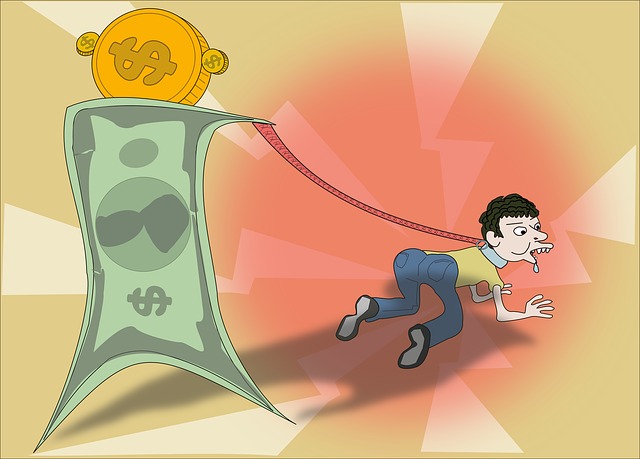For many, good intentions and drive often go unrewarded, as in the motto, “For every good deed comes a fitting punishment.” Therefore, they get caught up in problems they did not cause … So be very careful if you want to welcome a relative or friend into your home who is having financial problems. Otherwise, you may have to prove that your belongings really belong to you at the time of foreclosure.

Another problem is if you own property with another person. If you are not consistent enough to pay off your debts, the property could become part of an auction, and you would then be sharing an apartment or house with a complete stranger unless you can raise enough money to gain an advantage at the auction.
Although seemingly unimportant, letters sent by bailiffs to people who no longer live at the address where you are staying can also be problematic. In this case, you may want to deregister the person\’s permanent residence at the relevant office and, if necessary, inform the enforcement office of this.
If the above steps cannot be taken and a bailiff visits, i.e. enforcement has already been ordered, the bailiff may ask all manner of questions related to the debtor. Tell them everything you know. The mishap and shock is the moment when the foreclosure bailiff rings the doorbell directly at your house and tries to seize everything of value. You must then prove that the items are truly your property and not the debtor\’s.
If you cannot immediately prove whose property it is, the item must be listed in the inventory and proven to be yours within one month thereafter. Once that happens, however, you have no choice but to go to court, but you must still prove that the seized item belongs to you.





